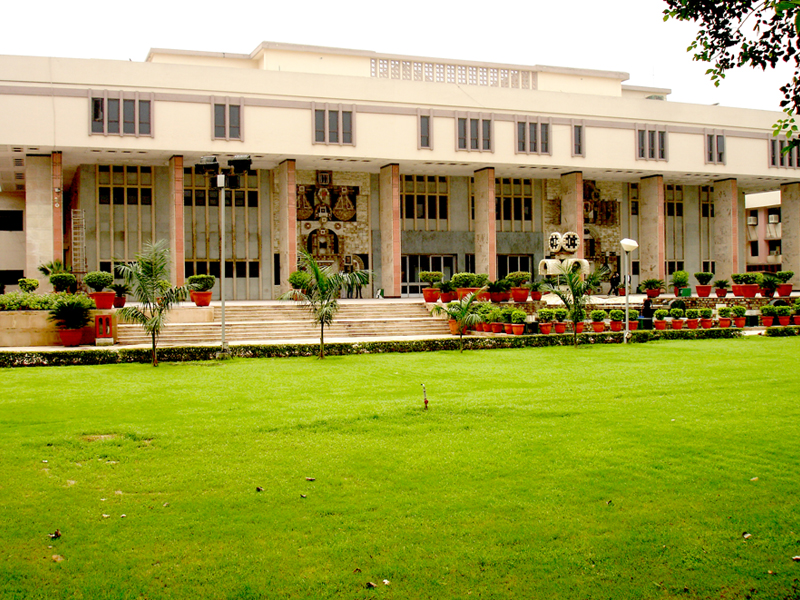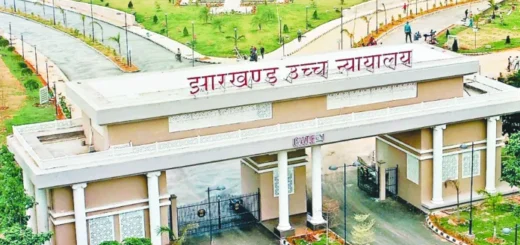Ex-Gratia Payments Are Not Guaranteed Rights; Widening Their Use Beyond Original Intentions May Cause Unforeseen Issues: Delhi High Court

The Delhi High Court decided that ex-gratia payments are not guaranteed rights but are given at the discretion of authorities as a compassionate act in special situations, based on specific rules in the policy. This ruling came while dismissing a petition for INR 1 Crore in ex gratia compensation filed by the daughter of an Anganwadi worker who died from COVID-19 during the peak of the pandemic. The claim was based on the death of the petitioner’s mother, Mrs. Seema Khan, in 2021. The petitioner argued that her mother’s work in distributing rations and participating in immunization camps counted as essential services related to COVID-19 duties, as stated in a Cabinet Decision, but this claim was rejected by the authorities. Upset by this, the petitioner took the matter to the High Court.
Justice Sanjiv Narula, on the Single-Judge Bench, noted that while the Court sympathizes with the petitioner’s loss, it must consider the purpose of the policy. Advocate Rahul Sharma represented the petitioner, while ASC Rishikesh Kumar represented the respondent. The petitioner claimed that her mother’s death from COVID-19 was confirmed by medical records, arguing that the denial of compensation was unfair and unreasonable. She also mentioned that she is unmarried, unemployed, and tragically lost both parents by age 22, suggesting that her situation deserved a more compassionate response from the authorities.
The Bench stated that ex-gratia payments are not guaranteed rights but are given as a kind gesture in special situations, based on the rules set in the policy. The decision being challenged in this writ petition was made by the Group of Ministers (GoM) after their meeting. This decision looked into the Cabinet Decision that announced a compensation of INR 1 Crore for the families of employees who worked on COVID-19 duties and died from the virus while serving. In the Petitioner’s situation, the GoM found that the petitioner’s mother, while important and part of “essential services,” did not meet the criteria for COVID-19 duty as defined by the Cabinet Decision. The GoM pointed out that she was not assigned to a containment zone and did not participate in patient care or specific COVID-19 relief efforts. The Bench noted that the GoM carefully reviewed the Petitioner’s case along with all relevant details.
The Bench stated that while the Petitioner’s mother, as an Anganwadi worker, played an important role in providing nutritional food and rations for children and new mothers, her services did not fulfill the specific criteria needed for ex-gratia compensation under the Cabinet Decision No. 2835 of GNCTD dated 13th May, 2020. It also noted that the decision-making process by the GoM was fair and reasonable. The GoM reviewed the Petitioner’s detailed submissions and supporting documents, including the nature of the mother’s duties and her work during the pandemic.
The Court expressed sympathy for the Petitioner’s loss but emphasized the importance of adhering to the policy’s purpose. It clarified that under Article 226 of the Constitution, it can only ensure compliance with the policy and cannot broaden its scope beyond its original intent. The Bench concluded by stating that extending the ex-gratia scheme beyond its intended limits could create problems in the future. Therefore, the Court decided not to use Article 226 to intervene in this case.
Cause Title: Subata Khan v. Govt Of NCT of Delhi [2024:DHC:8850]
Appearance:
Petitioner: Mr. Rahul Sharma with Mr. Ashish Gautam, Advocates
Respondent: ASC Rishikesh Kumar, Advocates Sheenu Priya, Sudhir Kumar Shukla & Sudhir








